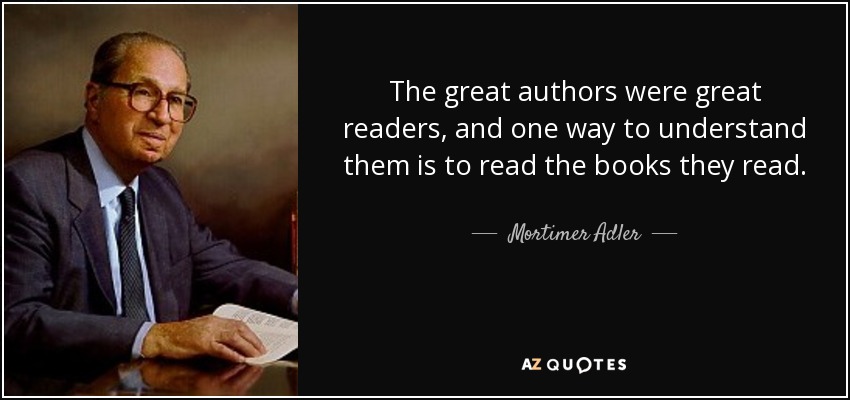Writing skills are an essential part of communication and is not something that naturally comes from within. You have to work on it, the better you improve your skill, the better will people understand you.
And not only just to communicate. Many people today live a life of a writer; they create content for an online audience and earn passive money out of it. You can also be one, but for that, you must have some tremendous writing skills.
And for this, you don’t have to wander searching for some actionable tips and tactics; all you need to work on are a few techniques and ta-da! You can start freelancing with no experience required.
Many people think learning writing is challenging and never takes an extra mile after just thinking to take one. But believe me, it’s not as difficult as you might be thinking. You just need to work smart on a few techniques and be consistent and rest; you’ll see some dramatic improvements in a span of short order.
Though, I’m not the writing icon. But these are the few techniques that are secrets behind my blogs that my audience love to read. They might not make you a professional writer but good enough for a beginner to elevate a quick start.
1. Read Every Day And Write Every Day
Nothing works better and faster than reading. Many great writers have told the secret behind their expertise, and most of them revealed that they were avid readers.

Reading gives you a thorough idea of different styles of the writings, their choppings and alignments. Each paragraph you read has a different set of words; you see how words, phrases and sentences are connected together, which provides you with an out-and-out hint of context structure.
However, the best way is to read out your mentor, the one who’s writing you like the most. Read and analyze the techniques, settings, etc., that they have used. It doesn’t mean copying them; just take a trace of what makes their writing exceptional and try adding a little dash of it in your writing.
After a few days of reading and writing, you’ll understand your niche better and now practice writing on your forte. At first, you might lose interest, but that’s not destiny. You’ll have to stay consistent and work harder. Every day you’ll see progress. And if you don’t, no problem. Embrace that too and continue practicing.
2. Know Your Weak Points And Amend Accordingly
When you read every day and write every day, you can easily fetch out your weak points. Make sure every time you write something, you proofread it. It will help you analyze your literature weakness and accelerate your aptitude.
Discover the ways to avoid those glitches and amend them to spice up your skill. You can also get it checked by a senior or a mentor and ask them to pen down the errors, blunders and give the possible suggestions to alter them so the next time you write, you know what to dodge and what to uphold.
3. Improve Your Vocabulary
As you read and start writing side by side, you pick new vocabulary. Highlight the new words you find and jot them down on a piece of paper. Now, pick one word, find its synonyms and add them in your content where which suits the most. This way, you are not only expanding your vocabulary but also leveraging your writing expertise.
Choosing the correct vocabulary is necessary to button up your skill. If you are not using the right and suitable words, you’re a big step behind portraying your focus clearly. Every time you see an unrecognized word, tug it out and continue exploring the ways to utilize it. You don’t have to go on and on with it, just take a hint and learn to use it differently but accurately.
4. Structure Before You Start
If you don’t structure your write-up, you’ll find it challenging to keep going. To overcome this hurdle look at the following; you can also find other writing obstacles and ways to defeat them.
Section out all substance of your content in four chunks and make sure each part has a clear objective and contrasts with each other. However, you will have to work a little harder on connectivity, but proficiency will be just a few practice away.
Once you ace this technique, it won’t be harder to keep your readers enthralled from first to the last word.
As recommended by enchantingmarketing.com, this is the trajectory you should follow to hold your reader on your script.
- The first part of your write-up should include a commanding heading to invite your audience.
- Second, start your writing with an exciting opening that will hold the interest of your readers.
- Next, add valuable content to your prose’s body so your reader doesn’t lose interest midway.
- And the final step, add a valuable ending. So your audience returns to you.
5. Avoid Picking Gibberish Words
One of the most prominent mistakes writers make while scripting their ideas is adding gibberish and complicated words into their write-up just to bring value to it. But, instead, they end up making it obscured and difficult to read with significantly less or zero readability.
While practicing, you should know that there’s a difference between adding vocabulary and hoarding your prose with complex words. Showing off the expertise end up in your readers losing their interest, so watch the words you use.
6. Don’t Explain Everything; Work Precisely
Readers always prefer short and precise writing over the long jumbled ones. From the very beginning, make your habit of creating straightforward and clear-cut content. The one that offers value and is not stretched unnecessarily.
Convey your concern directly to your audience. You don’t have to provide pieces of evidence where they are not needed. Avoid being too wordy. Use tools like Grammarly to learn how to avoid extra words. Please don’t explain every statement you add because 80% of the readers are not interested in the logic behind an argument so let it sink in and continue flourishing.
7. Make Proofreading A Habit and Iterate
When you are done completing your write-up, give it a proofread, underline the errors you find and adjust them accordingly. If there are many mistakes and you think you need to rewrite your entire write-up, make this copy a rough one and start iterating the previous one.
As prescribed by Crowd Writer UK, “Note down all the elements that went wrong first hand and alter them accordingly. It is not necessary to continue on the same idea, but you can also make a fresh start and come over with a new clue or a new hint but beware of being vigilant this time because you cannot rewrite again and again.”
If you are still not sure, catch up with your guru and ask them to look over it. And then fine-tune it.
Take Away
If you’re following this guideline, I’m sure you’ll end up coming halfway to an expert. At this point, you are all prepared to start accepting online orders. Make your appearance in the B2B company and signup on your favorite platform.

